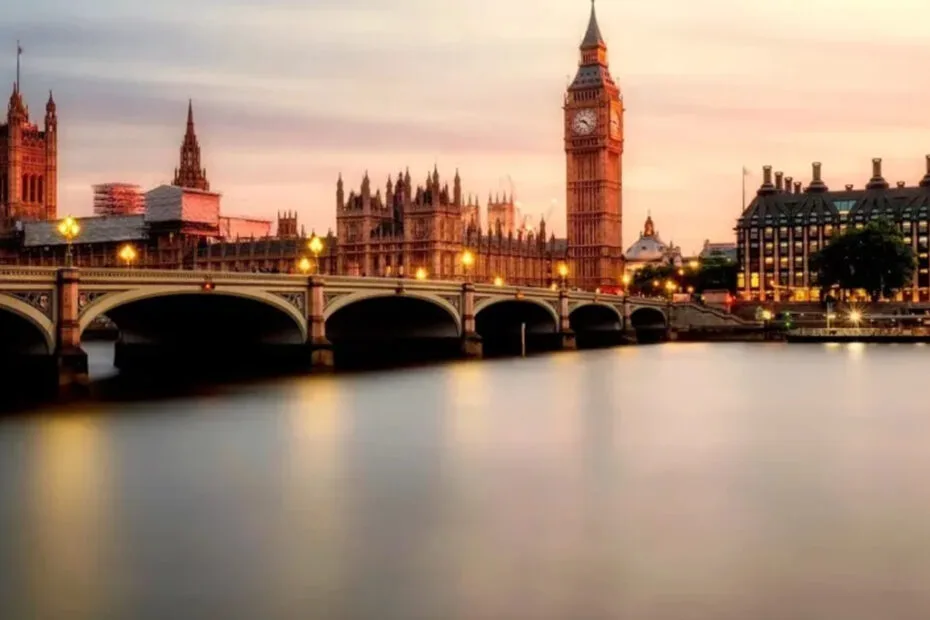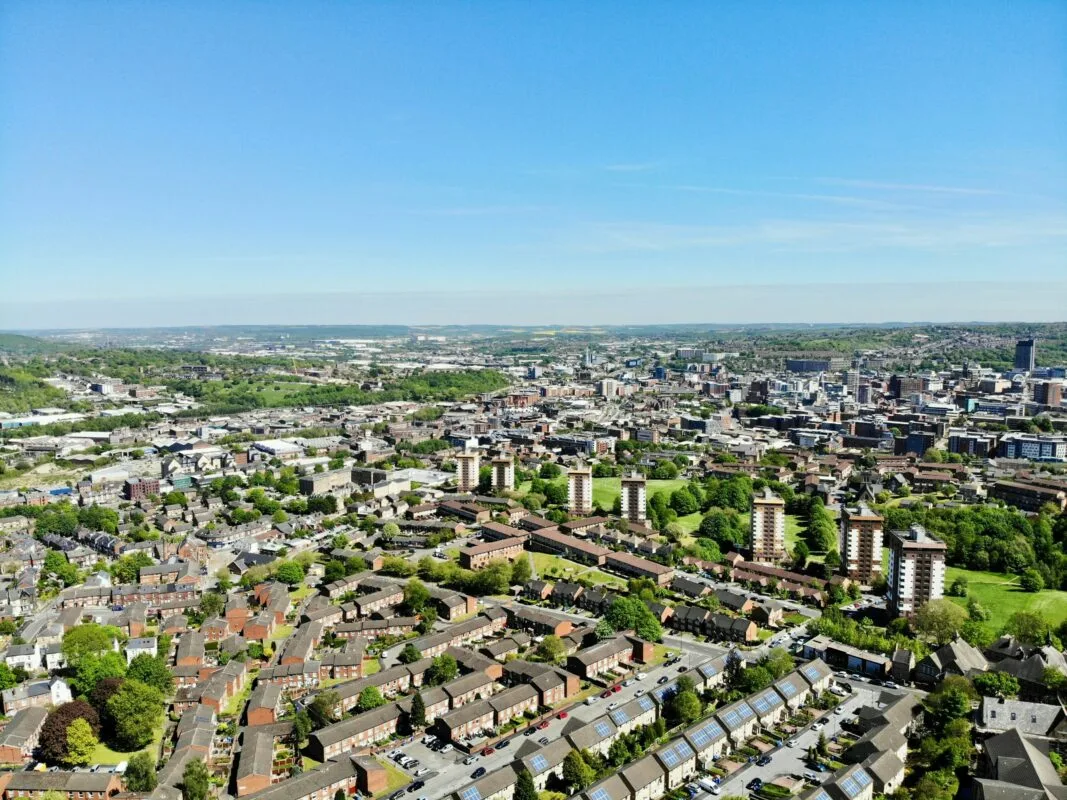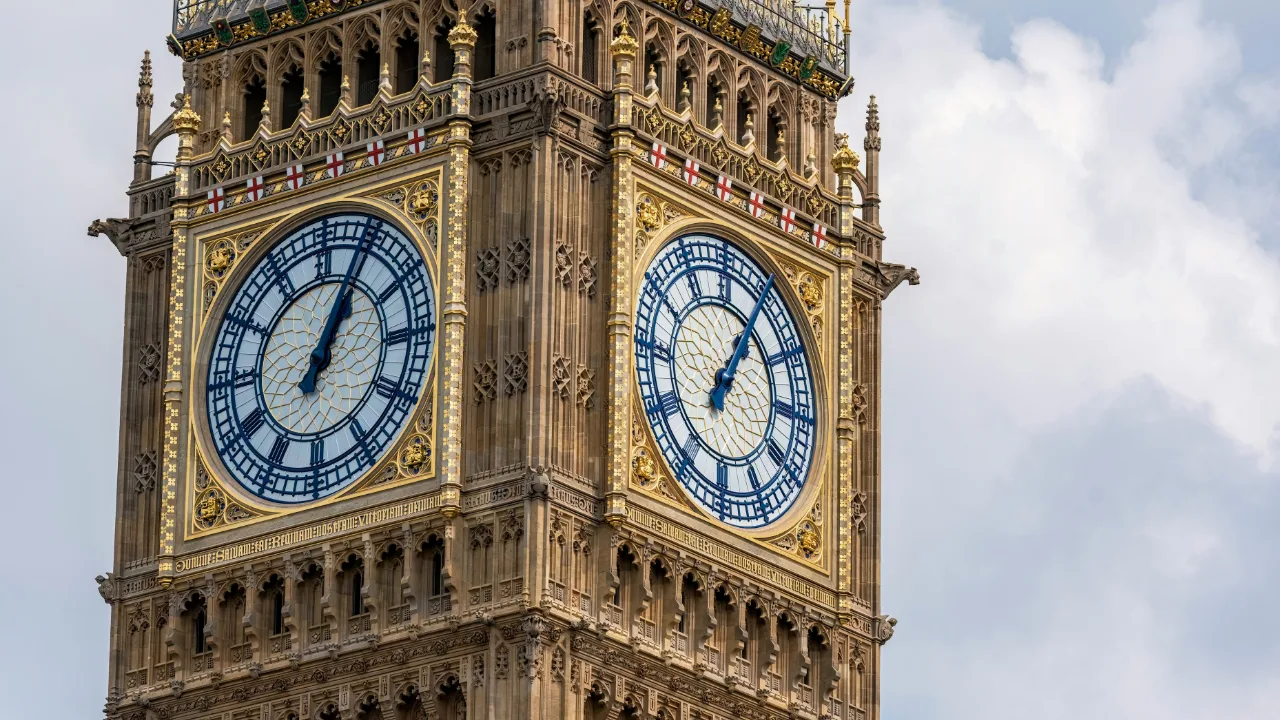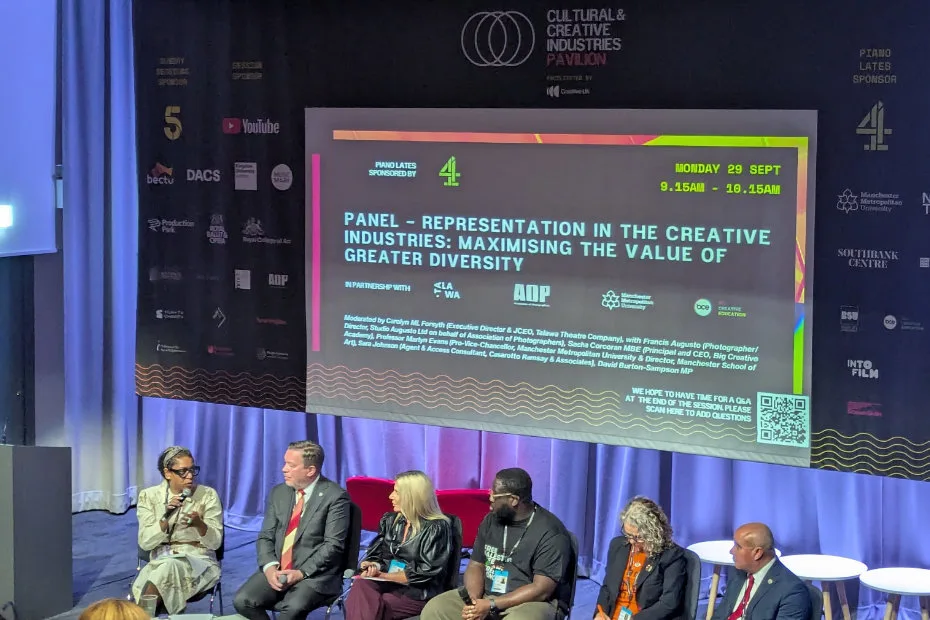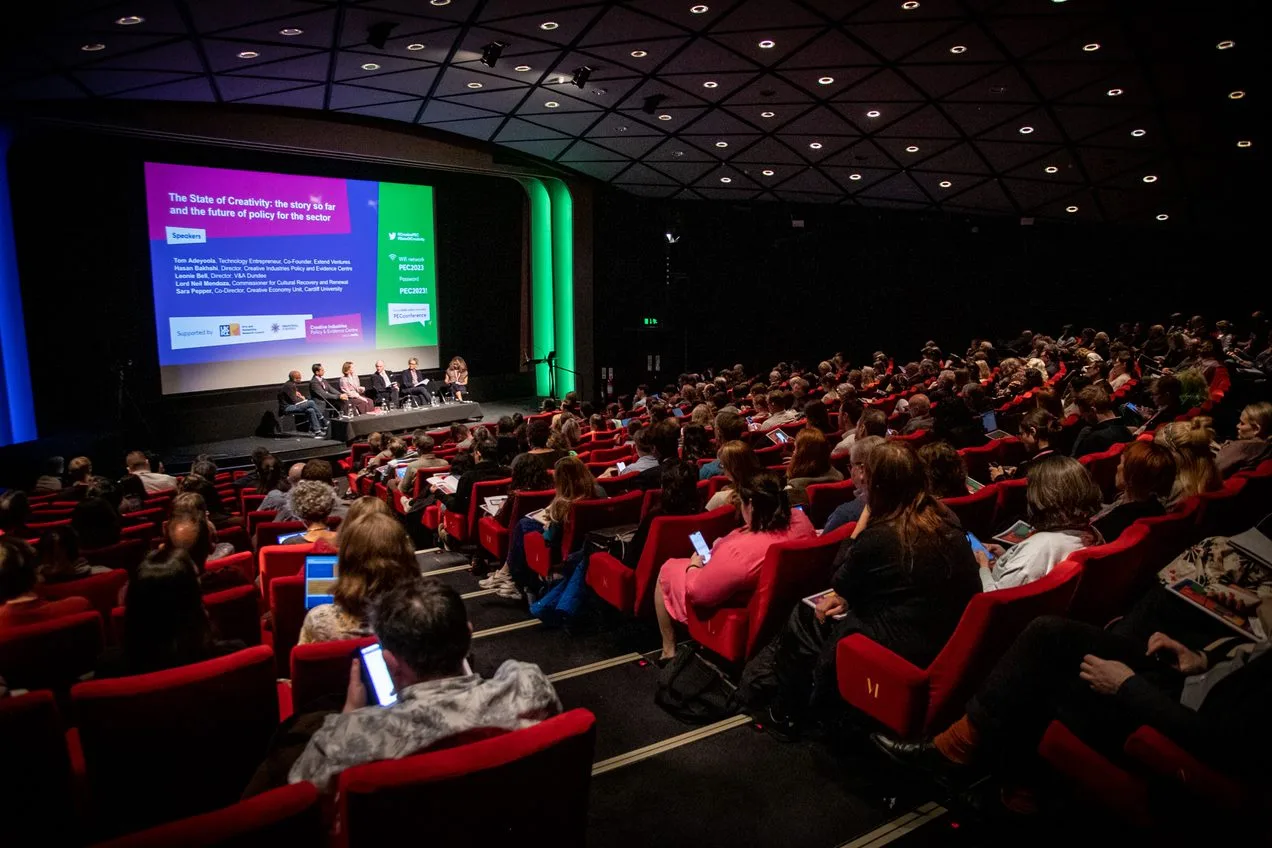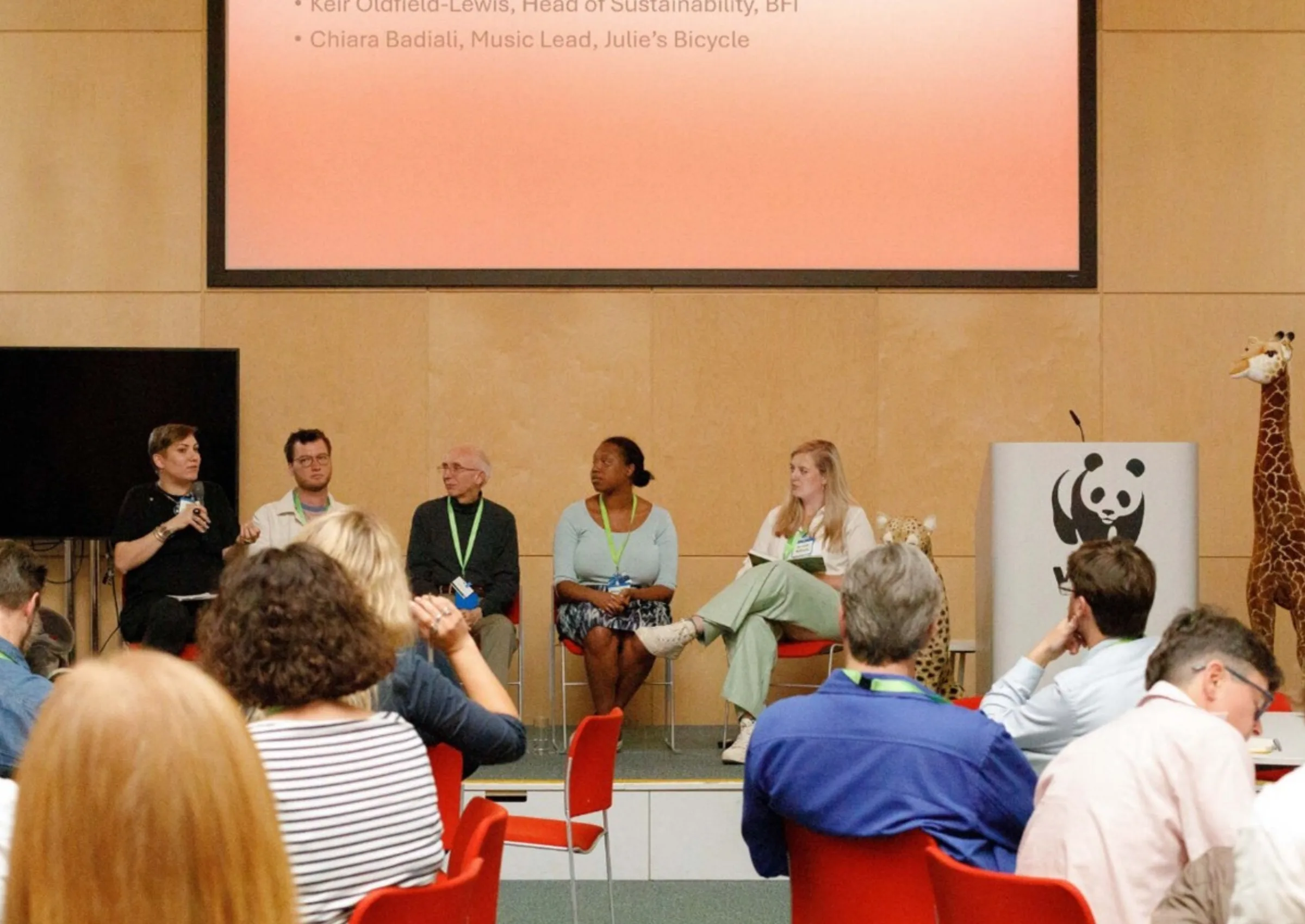With the UK almost certainly entering a recession – Q3 has seen negative GDP growth – and inflation driven mostly by energy prices and other supply bottle necks, difficult times lie ahead for the creative industries. The government has announced fiscal tightening of £55bn, through both spending cuts and tax rises.
The Office for Budget Responsibility (OBR) expects a real term reduction of household income of 7% over the next two years – which would be the largest in decades.
The cost-of-living crisis brought on by the rising energy prices as well as interest rate increases, introduced partially to offset inflation, leave little wriggle room for government budgets. The OBR has calculated that every percentage point increase in interest rate increases government short-term borrowing costs by £13bn.
The creative industries, as a fast-growing sector, could support the UK’s recovery from some of the challenges it will face. Across its sub-sectors the sector generated £116bn for the UK economy in 2019, were growing at four times the speed of the economy as a whole, and exported £37.9bn worth of services. Yet, there are very few specific mentions of the creative industries in the Autumn Statement, although some other announcements on R&D and Levelling Up seem to point in the right direction.
Alongside the Autumn Statement, the government is planning a consultation on reforming audio-visual creative tax reliefs. The government will consult on a series of proposals to further incentivise the production of UK based content and support the growth of the audio-visual sectors.
The PEC welcomes the announcement that the aim to invest £20bn in research and development (R&D) by 2025 is going ahead. While not all R&D interventions suit the need of the sector, for many businesses that rely on support for R&D for product and process innovation this will be good news. The nine Catapults centres will see an increase in 35% over this period, which includes the Digital Catapult centre in Northern Ireland.
Policies on Levelling Up aim to decrease economic differences that exist between places in the UK. PEC research on creative clusters, such as the Creative Radar project, has shown that creative industries are more widespread across the UK than commonly believed. Our research, however, also shows that if past trends of a higher growth rate in London and the South East continue, then employment growth in the rest of the UK would have to increase fivefold over its current trend to catch up in twenty years. To counter this, we welcome the devolution announcements in the Autumn Statement, which will create new devolution deals in additional areas, as well as deepening existing ones with the Greater Manchester and West Midlands Combined Authority, to include skills and economic growth funds, which are crucial to the sector. Additionally, some potential high growth knowledge intensive local clusters will receive support in the form of deregulation as well targeting local research strengths. Creative companies outside London and the South East, who work in or with these clusters, could benefit from this.
The Autumn Statement leaves the specifics of the DCMS budget still unclear, for example, the distribution of arts funding to the different programmes and funding bodies financed by the department. The details of these will be decided in the near future and the PEC will continue to work with stakeholders on this topic.
_________________________
Image credit: Aswin Mahesh on Unsplash
Related Blogs
Research resources on Creative Clusters
We’ve collated recent Creative PEC reports to help with the preparation of your Creative Cluster bid…
What UK Job Postings Reveal About the Changing Demand for Creativity Skills in the Age of Generative AI
The emergence of AI promises faster economic growth, but also raises concerns about labour market di…
Creative PEC’s digest of the 2025 Autumn Budget
Creative PEC's Policy Unit digests the Government’s 2025 Budget and its impact on the UK’s creative …
Why do freelancers fall through the gaps?
Why are freelancers in the Performing Arts consistently overlooked, unseen, and unheard?
Insights from the Labour Party Conference 2025
Creative PEC Policy Adviser Emily Hopkins attended the Labour Party Conference in September 2025.
Association of South-East Asian Nations’ long-term view of the creative economy
John Newbigin examines the ASEAN approach to sustainability and the creative economy.
Culture, community resilience and climate change: becoming custodians of our planet
Reflecting on the relationship between climate change, cultural expressions and island states.
Cultural Industries at the Crossroads of Tourism and Development in the Maldives
Eduardo Saravia explores the significant opportunities – and risks – of relying on tourism.
When Data Hurts: What the Arts Can Learn from the BLS Firing
Douglas Noonan and Joanna Woronkowicz discuss the dangers of dismissing or discarding data that does…
Rewriting the Logic: Designing Responsible AI for the Creative Sector
As AI reshapes how culture is made and shared, Ve Dewey asks: Who gets to create? Whose voices are e…
Reflections from Creative Industries 2025: The Road to Sustainability
How can the creative industries drive meaningful environmental sustainability?
